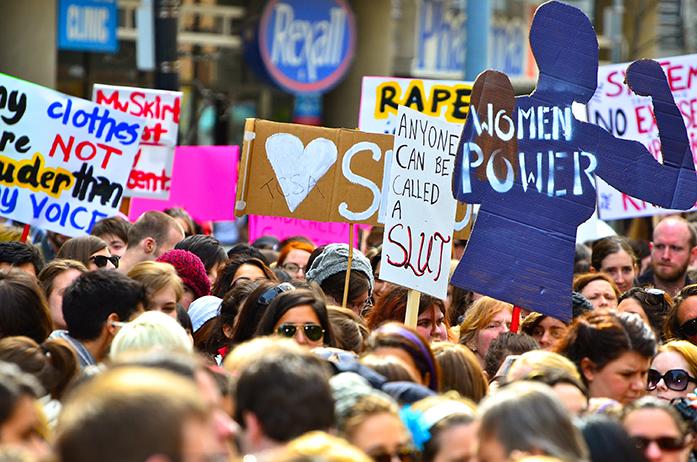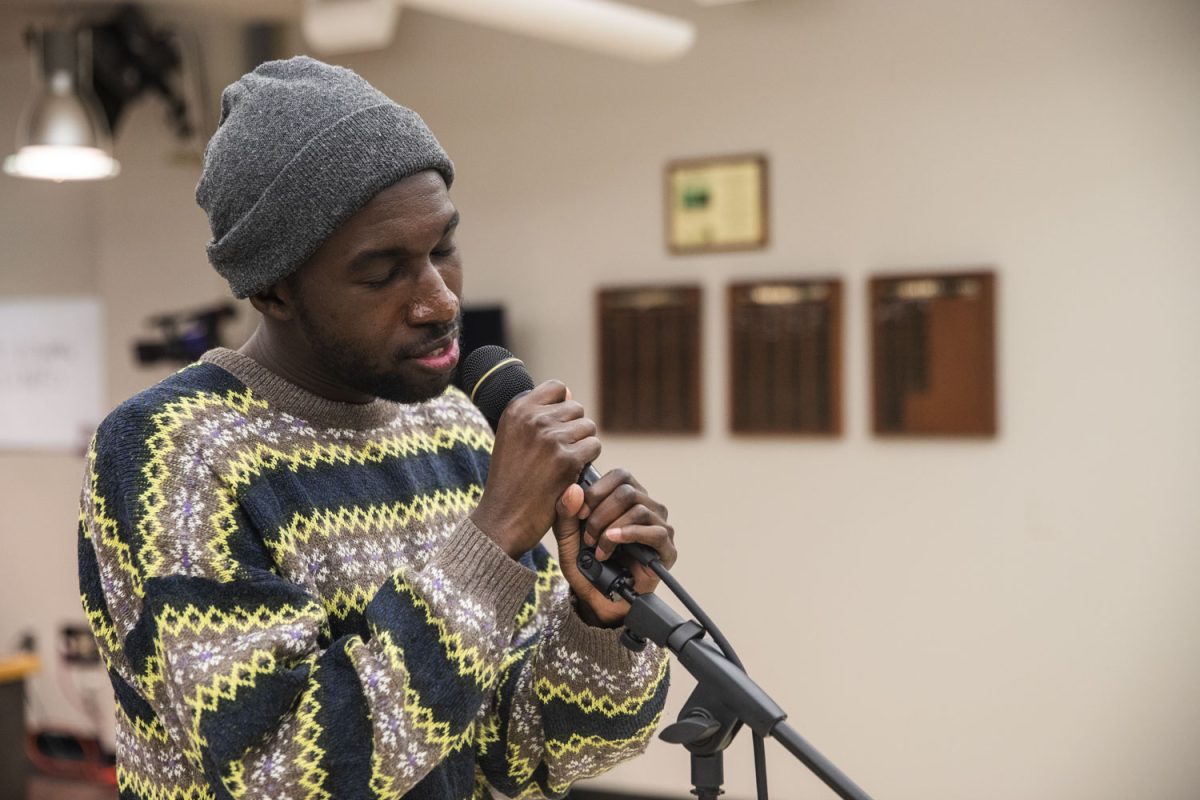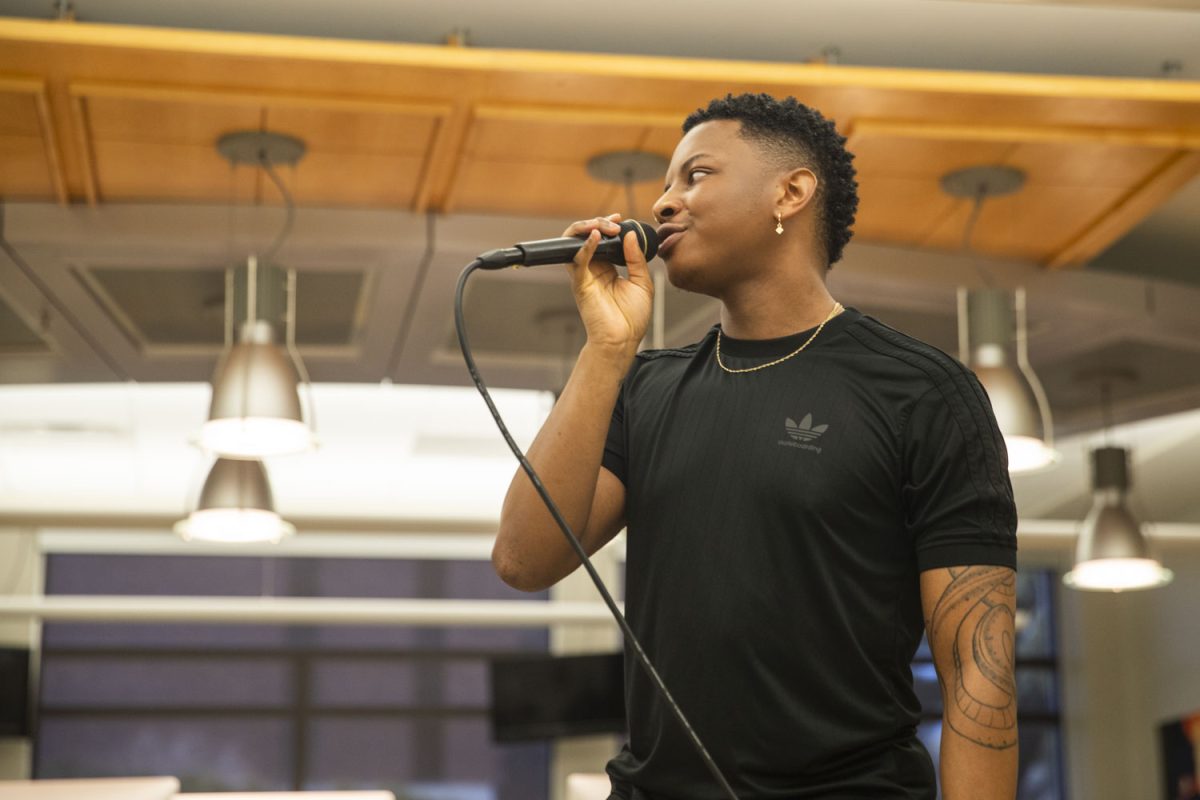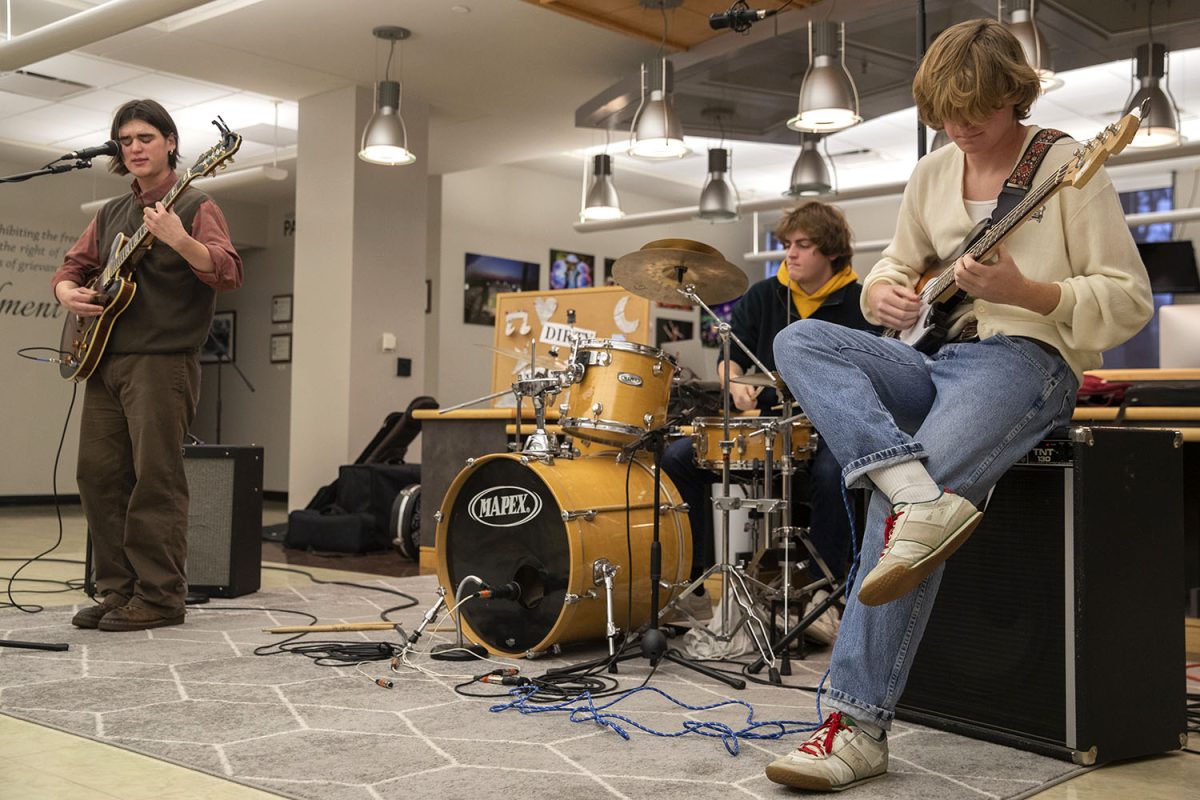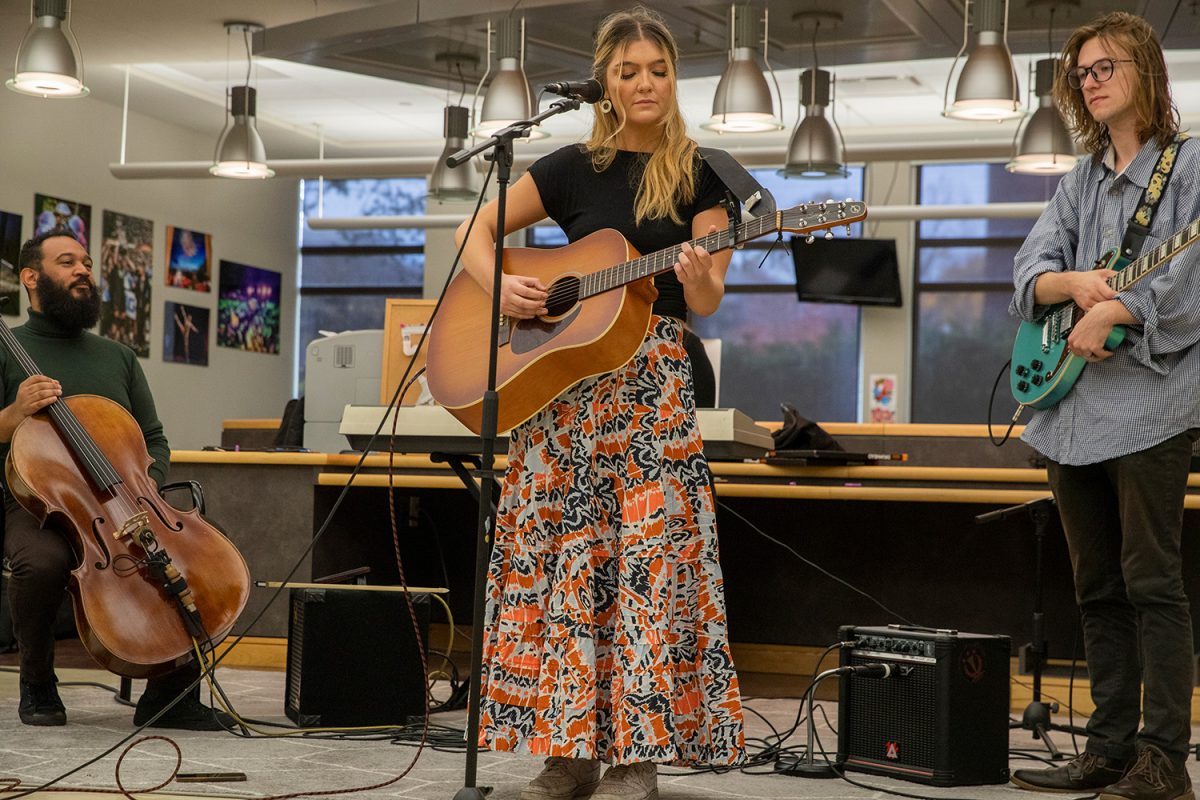By Cindy Garcia
[email protected]
“IT’S NOT OK” — blunt posters hung on Cambuses are calling on students to stop catcalling are part of a national effort to stop sexual misconduct.
The It’s On Us campaign was launched by President Obama and Vice President Joe Biden to help stop sexual assault on college campuses. It aims to send guidance to universities who receive federal funding to help prevent and respond to sexual assault.
Consequently, the University of Iowa and UI Student Government have received national support for the campaign, which has been implemented locally.
“The University of Iowa has really taken it and made it its own in terms of the sorts of efforts that we’re doing,” said UISG Vice President Morgan Brittain. “Obviously, it’s aimed at addressing instances of sexual assault and sexual misconduct, but we’ve focused some specific things on things like catcalling.”
Linda Stewart Kroon, the director of the Women’s Resource and Action Center, said catcalling is street harassment and behavior that makes victims feel unsafe in public spaces but is often dismissed.
“A lot of times when people hear about catcalling or verbal harassment, people sort of minimize the importance of it because it doesn’t involved physical contact,” Kroon said. “But what it does is — I use sort of an agricultural analogy — it provides the soil for more serious violence to grow and thrive in because it sort of creates a community expectation that it’s OK to behave this way toward someone else.”
The UISG has taken several steps to stop catcalling with the campaign, which includes a partnership with greek life at the UI to train shuttle and bus drivers to watch out for instances of catcalling during recruitment week, during which sorority members have been known to be verbally abused.
“All the men have been made aware of that, so we’ll be addressing those instances face to face, but we also do have that paper marketing out there to tell people not to do it,” Brittain said.
UISG President Liz Mills said last year, there was a focus on awareness campaigns, but this year, student government will make further strides to address sexual-assault issues.
“This year, it’s going to be more about education and policy work. On the policy side, we’re looking at what the university can do to better support survivors,” she said. “We are incredibly progressive at this university already, but there’s always more we can do, another policy we can push through — ‘maybe supporters can be supported this way instead.’ ”
Brittain noted the policy work might also include collaborating with the University of Northern Iowa and Iowa State University to bring affirmative consent to the law books instead of just college campuses.
“We’re looking at making it a statewide policy so that our students are supported not only in a university environment, but the same standard holds true when they’re visiting students at another school who might not have this policy or when there’s an incident that might take place off campus and jurisdiction is a little more gray,” he said.
UISG also hopes to reach out to the transgender community and further the access students have to bystander-intervention training, Brittain said.
Kroon said bystander-intervention training is the most effective strategy to combat catcalling.
“You can sort of imagine a scenario where there’s a group of people together and one of them is engaging in this or yelling at somebody,” she said. “If one of their friends were to say to them, ‘Hey, knock it off, that’s not cool,’ it would probably stop.”




